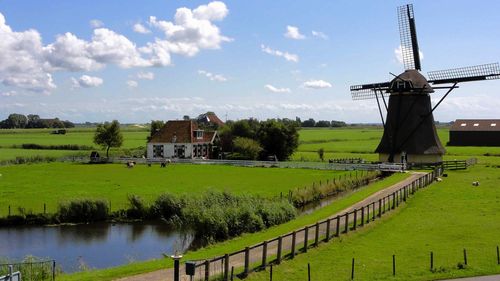Data Science and Big Data have become buzzwords in today’s tech-driven world. Many businesses, government agencies, and academic institutions are investing in data science and big data to derive insights, optimize business operations and improve decision-making.
So what is Data Science and Big Data? Simply put, Data Science is a field that deals with the extraction, analysis, and interpretation of large and complex data sets. It involves the application of statistical and computational methods to derive insights and make predictions.
On the other hand, Big Data is a term used to describe the massive amounts of data generated by individuals and organizations at an exponential rate. This data is so vast and complex that traditional data processing and analysis tools are no longer efficient.
Data Science and Big Data share some similarities, but they differ in their scope. While Big Data involves collecting, storing, and managing large volumes of data, Data Science is concerned with analyzing and interpreting that data.
Data Science and Big Data have numerous applications in various fields, including business, healthcare, finance, and sports. Businesses, for instance, use data science and big data to analyze customer behavior, optimize marketing strategies, and improve customer experience. In healthcare, data science and big data can help clinicians predict diseases, develop personalized treatments, and improve patient outcomes.
In conclusion, Data Science and Big Data have immense potential to transform how we make decisions, solve problems, and innovate. It is an exciting and emerging field that promises to revolutionize many aspects of our lives.
(Note: Do you have knowledge or insights to share? Unlock new opportunities and expand your reach by joining our authors team. Click Registration to join us and share your expertise with our readers.)
Speech tips:
Please note that any statements involving politics will not be approved.
